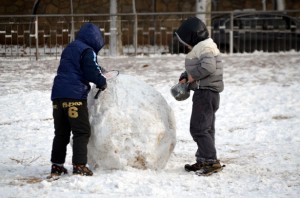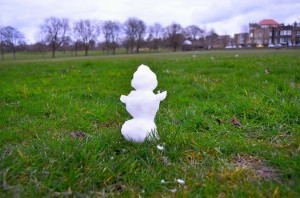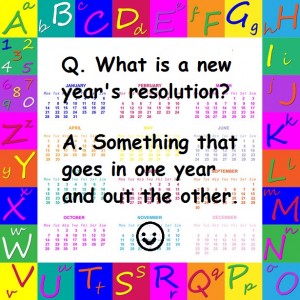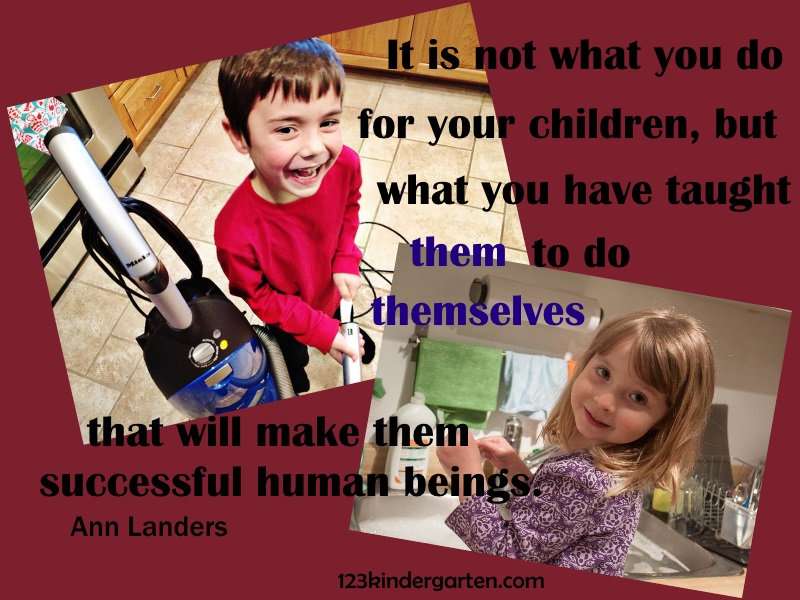One of the best ways to warm up a cold winter day is with some laughter and these winter jokes for kids will brighten up any grey.
 Q. Why did the snowman cross the road?
Q. Why did the snowman cross the road?
A. He was on a roll.
Q. How does a snowman get to work?
A. By icicle.
Q. Where does a snowman keep his money?
A. In a snow bank.
Q. What do snowmen like to drink?
A. Ice tea.
Q. What do you call a snowman in the summer?
A. A puddle.
A sense of humor develops with experiences and it needs some complicated thinking skills. As children watch or hear something happening, they compare the situation to other similar occurrences. They quickly figure out if it is the same as usual or if it is unexpected. Then kids need to react, possibly by being scared, anxious, or delighted.
Understanding a joke is even more complex because kids have to carefully listen to all the words and how meanings of words can be unusual. While even very young children will clue into the intention, taken as a whole, humor can be very tricky. No wonder that kids often mix up the punch lines in jokes or laugh at anything. They are still learning how the entire process is connected.
Kids love to laugh. While it might be a myth that kids laugh 300-400 times a day, they certainly do so far more often than adults. I wonder if the number of times we laugh is related at all to the weather. In any case, could you and your kids use some winter laughs? What are some other winter jokes for kids?



